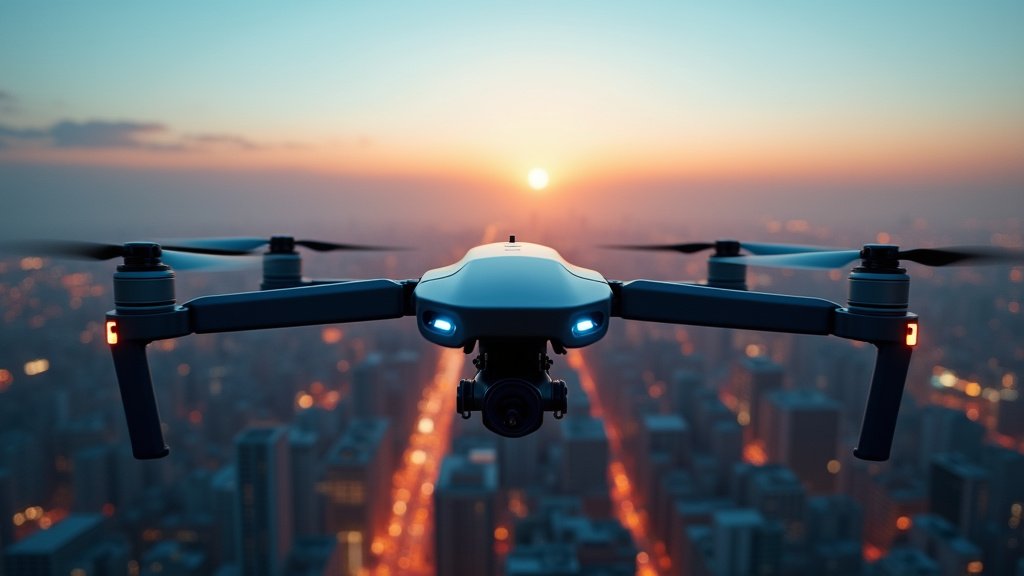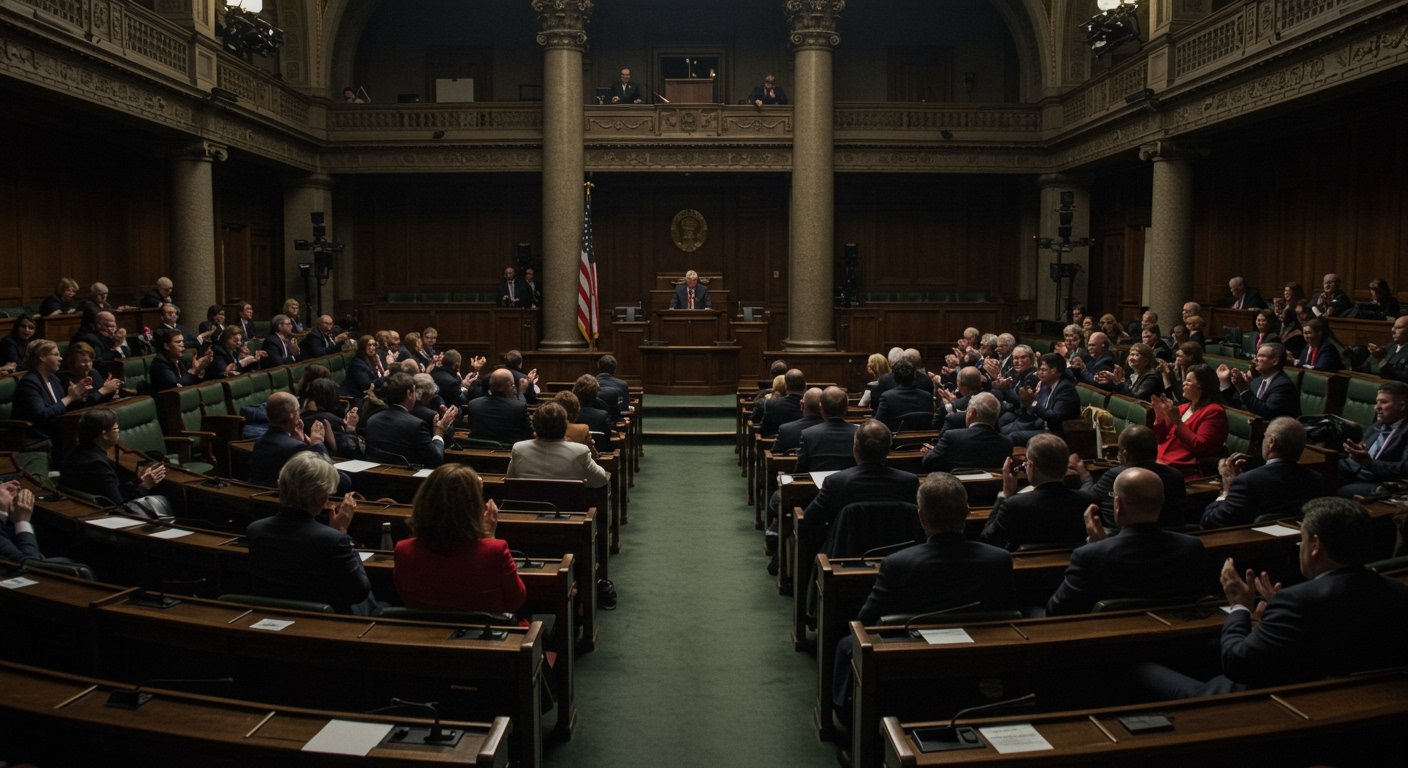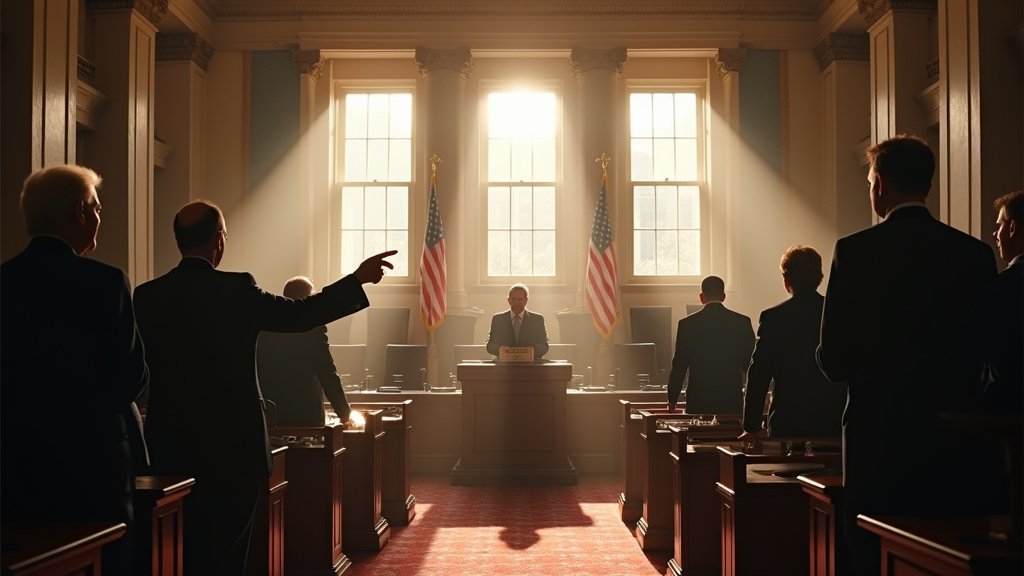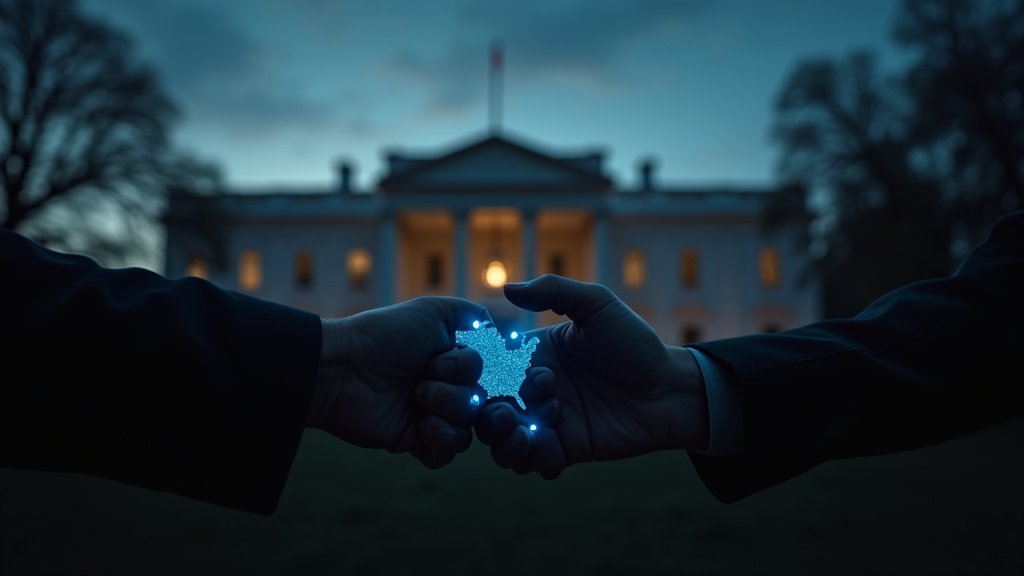New York City, NY – Mahmud Khalil, identified as a prominent Palestinian activist and currently a graduate student at Columbia University in New York, was taken into custody by immigration and customs agents on the evening of Saturday, March 8th. The arrest, confirmed by his legal representation, has ignited concerns among civil liberties advocates and student groups.
Khalil’s lawyer stated following the arrest that Khalil’s green card, which grants permanent residency in the United States, has been revoked. The circumstances and specific reasons for the revocation remain under scrutiny, adding a layer of complexity to the case.
Background of the Arrested Activist
Mahmud Khalil’s profile as a student at one of the nation’s most prestigious universities, Columbia University, coupled with his public role as a prominent Palestinian activist, places his arrest within a highly charged political context. According to reports, Khalil had notably helped lead pro-Palestinian protests that took place at Columbia in the spring of the previous year. These demonstrations were part of a broader wave of activism on American university campuses concerning the Israeli-Palestinian conflict.
His involvement in organizing and participating in these potentially disruptive, yet constitutionally protected, campus activities is seen by supporters as central to his identity and advocacy. The sudden arrest by federal immigration authorities on a Saturday night raises questions about the timing and motivation behind the action.
Green Card Revocation and Legal Implications
The statement from Khalil’s lawyer that his green card has been revoked is a critical development. A green card allows a foreign national to live and work permanently in the U.S. Its revocation is a severe measure that can lead to deportation proceedings. While the specific legal grounds for such a revocation were not immediately detailed, actions that can lead to this include certain criminal convictions, violations of immigration laws, or activities deemed a threat to national security.
Legal experts note that revoking a green card is typically a process, although circumstances can sometimes lead to expedited action. The lawyer’s assertion that this step has been taken is a significant indicator of the potential long-term implications for Khalil’s residency status in the United States.
Interpretation as Escalation in Political Climate
Immediately following the arrest, the action is being interpreted by many as a significant escalation in efforts perceived as President Trump’s crackdown on anti-Israeli protests occurring at American universities. Universities nationwide have become focal points for impassioned debate and protest regarding U.S. foreign policy and the Israeli-Palestinian conflict, often drawing strong reactions from political figures.
President Trump has been vocal in his criticism of campus protests perceived as anti-Israel or antisemitic, signaling a reduced tolerance for such demonstrations. The arrest of a figure reportedly involved in leading such protests, particularly one with permanent residency status, is viewed through this lens by those who see it as a direct response aimed at deterring future activism.
Public Response and Protests
The arrest prompted swift reaction from supporters and fellow activists. On Monday, March 10th, just two days after Khalil’s detention, protesters gathered at Federal Plaza in New York City. Federal Plaza is a location often associated with federal government buildings, including courthouses and administrative offices relevant to immigration matters.
The protesters convened specifically to demand Khalil’s release, viewing his arrest as politically motivated and an infringement upon rights to free speech and assembly. The demonstration underscored the solidarity among groups critical of the administration’s policies regarding campus activism and immigration enforcement.
President Trump’s Comment
The situation gained further national attention when President Trump commented on the arrest. Utilizing his preferred method of communication for direct public statements, he issued a comment by posting online.
His message was stark and brief, stating, “This is the first arrest of many to come.” This statement, attributed directly to the President and delivered via his public posting, is widely seen as a clear signal from the highest level of government that the arrest of Mahmud Khalil is not an isolated incident but rather the beginning of a concerted effort targeting individuals involved in similar protests or activities deemed objectionable by the administration. The comment has amplified concerns about the potential scope and implications of this enforcement action for other activists and students across the country.
Looking Forward
The arrest of Mahmud Khalil, the reported revocation of his green card, the subsequent protest demanding his release, and the President’s pointed comment together paint a picture of intensifying confrontation between the administration and elements of campus activism. As the legal process unfolds for Khalil, his case is likely to remain a focal point in the broader debate concerning free speech, immigration enforcement, and the political climate surrounding protests on American universities.













My partner and I stumbled over here by a different web
address and thought I should check things out. I like what I see so now i’m following
you. Look forward to looking over your web page yet again.